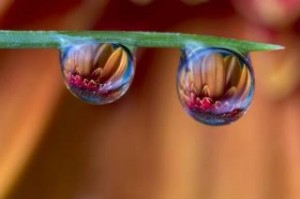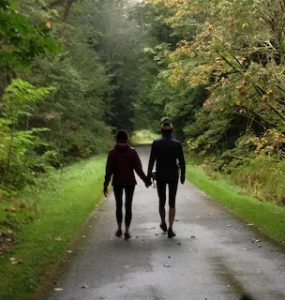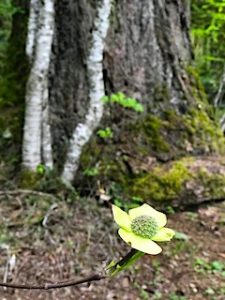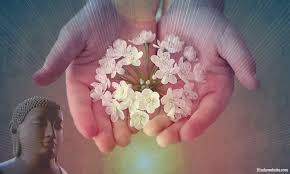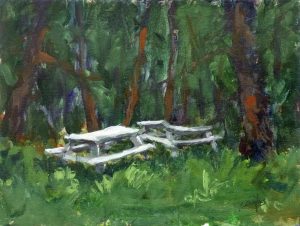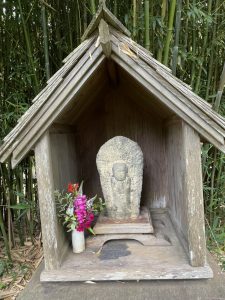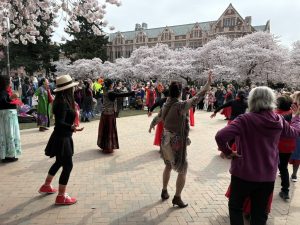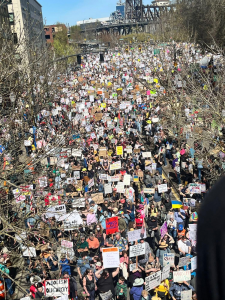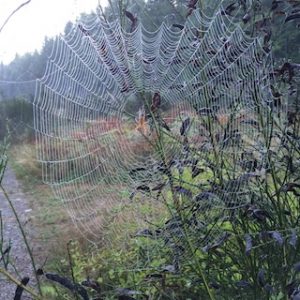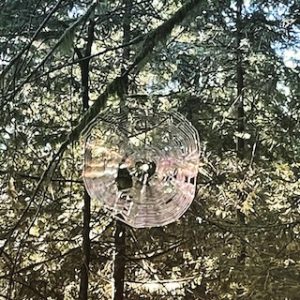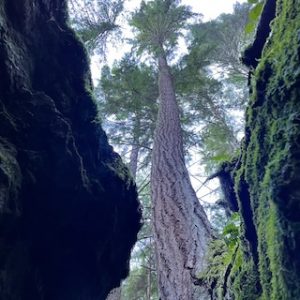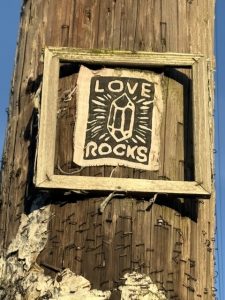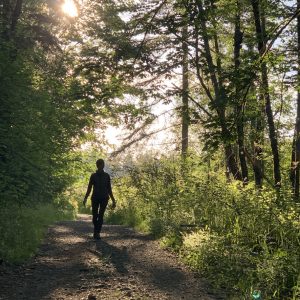 The Columbia City Yoga on-line Moving into Meditation class met this morning. We explored what it means to take Refuge: I we are drawn into relationship in which we offer our presence, care and support. We reflected on the many ways life becomes pilgrimage: a spiritual journey of transformation.
The Columbia City Yoga on-line Moving into Meditation class met this morning. We explored what it means to take Refuge: I we are drawn into relationship in which we offer our presence, care and support. We reflected on the many ways life becomes pilgrimage: a spiritual journey of transformation.
We considered how conflict can be an opportunity to restore relationships and build community building.
We drew on Kazu Haga’s book, Healing Resistance: A Radically Different Response to Harm. Kazu is a longtime practitioner and trainer in nonviolence and restorative justice. He described his very troubled adolescence and the profound experience of joining the 1998 Interfaith Pilgrimage of the Middle Passage. This pilgrimage lead to his commitment to nonviolence through restoring relationships and building Beloved Community.
 You can view the PBS Documentary: This Far by Faith (Segment: Rise Up and Call Their Names) and hear the pilgrims share their transformational journey. It shows the hard work of community building and healing.
You can view the PBS Documentary: This Far by Faith (Segment: Rise Up and Call Their Names) and hear the pilgrims share their transformational journey. It shows the hard work of community building and healing.
We heard Rosemerry Wahtola Trommer’s poem, Sacred Ground. This poem is a reminder that we are pilgrims on life’s journey and every step we take is holy.
We heard Bhavya’s poem, A Sense of Belonging.


